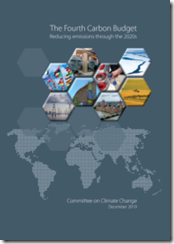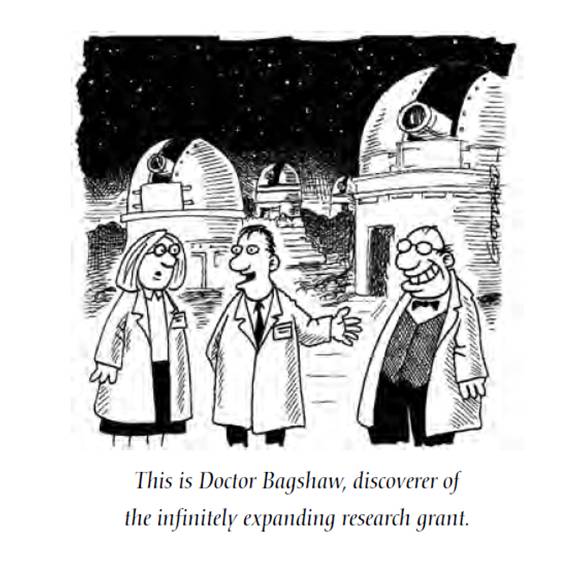Back in November and December last year, at least three people that I know of wrote to their MPs about my attempts to discover who attended the BBC’s 2006 climate seminar and Maurizio Morabito’s subsequent revelations at Omnologos. It now appears that two of these people got near identical replies using text that appears to have been drafted by the BBC, although the wording gives the impression that it is the MP’s own.
This is the boilerplate text I’m talking about. Note particularly the phrases I’ve emphasised in bold:
"A Freedom of Information (FOI) request was made for material held by the BBC relating to a seminar discussing climate change held in 2006. The BBC tell me that they refused
disclosure on the basis that the documents were held for the purposes of journalism, art or literature, and are therefore outside the scope of the BBC’s designation under FOI Act. The Information Tribunal unanimously upheld this in its decision of 8 November 2012.
The seminar was conducted under the Chatham House Rule to enable free and frank discussion, something that the BBC felt necessary for its independent journalism. Further information about the Rule including the publication of lists of attendees can be found here: www.chathamhouse.org/about-us/chathamhouserule.
I am informed that the 2006 seminar was one in a series of seminars looking at a range of global topics. They are used to inform the BBC’s journalism through debate and access to expertise, though the setting of the BBC’s editorial policies is a formal process involving BBC Boards and the BBC Trust. Impartiality is key to the BBC’s reporting and is the subject of continuous scrutiny by the BBC and the BBC Trust.
If you would like to complain about the BBC, I suggest you do so directly to the BBC Trust, at www.bbc.co.uk/complaints/forms/. "
The availability of a form letter reply suggests that a considerable number of people contacted their MPS who, presumably, then contacted the oh-so-helpful folk at the BBC.
Whatever the ethics of busy MPs, or their staff, using a ready-made replies in these circumstances may be, the BBC’s arrogance in taking upon itself the task of drafting constituency correspondence for elected representatives – if this is what happened – would indicate just how hubristic the management culture at our national broadcaster has become.
I would be very interested to hear in the comments from anyone who wrote to their MP about 28Gate and particularly those who received replies using the wording above.
[H/T to Jockdownsouth for this]








Recent Comments